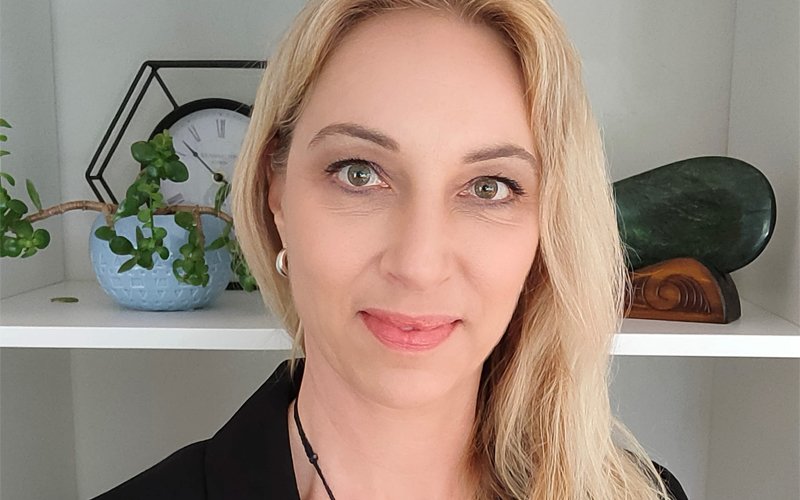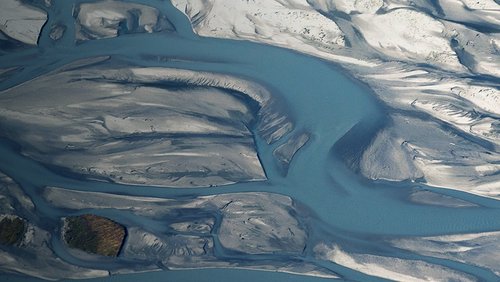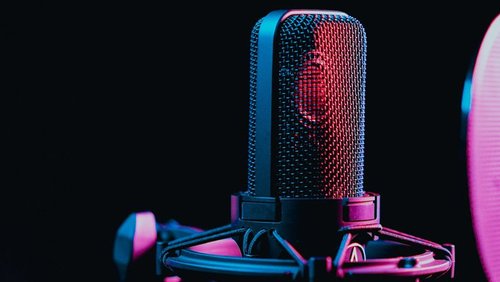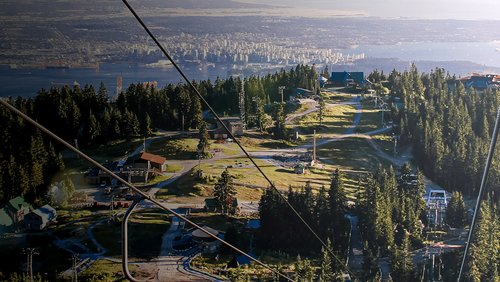23 Apr 2024
Shelley Wharton FEngNZ’s career started as a founding director of Morphum Environmental Ltd. The eco-city vision at Waitakere City Council then drew her to an engineering role in the Council’s EcoWater business unit, where she quickly became a team leader, then a manager. Leadership roles at Auckland Council followed, before she moved to Whangārei District Council for a department manager role. Shelley is also a Planning Manager in Civil Defence and a Board Member at Water New Zealand.
What attributes make you a good leader?
Empathy, integrity, courageousness, communication skills, my ability to build relationships, work with people’s strengths and share knowledge, and being a visible leader to inspire new engineers and leaders.
At the end of each day, what tells you whether you’ve been successful?
Success is when my teams have clear purpose, know what is needed to do the job well, and have opportunities to grow and be successful themselves.
What inspired you to become an engineer?
After five years working in logistics and mechanical CAD design, I needed a deeper complexity and purpose within my work to create a fulfilling and interesting career. The newness of environmental engineering and the potential to solve some of society’s big problems in harmony with nature drew me to this emerging field.
Who opened a key door for you?
Tony Miguel, then Infrastructure Manager at Waitakere City Council, made me part of the regional teams establishing the Auckland Council Stormwater Unit and Watercare through the supercity amalgamation, which opened a new network of contacts and job opportunities. I’ve opened many doors for myself by simply asking, or by saying “yes” to opportunities that aligned with my values and goals.
How do you connect your work with a sense of greater good?
For me the greater good is about a holistic approach that sustains the natural environment, keeps people safe and improves their lives. Having a worthwhile vision that produces positive change on a large scale is what drives me, whether for the water industry, women in engineering and infrastructure, or in rethinking the status quo to uphold Te Tiriti o Waitangi.
What mistake have you learned the most from?
Using an engineering approach to problem solving (ie putting forward a workable solution) when instead the community/hapū needed to be enabled to find their own solutions with supporting practical engineering advice.
How do you approach a difficult conversation with someone you lead?
Early, honest conversations are best. Listen and find out what is really going on with a view to providing a work environment that is conducive to getting the best performance.
Who is a leader in New Zealand you admire and why?
I was privileged to experience Sir Bob Harvey’s leadership when he was Mayor of Waitakere City Council. He is eloquent, charismatic and driven by purpose. The strength of the eco-city vision guided the whole of the Council, from strategy to daily decisions.
What questions have you been asking yourself lately?
Many questions related to where we are heading as a society and a country. Where is the clear collective vision and simple strategy for all of Aotearoa to work towards? How can we innovate and simplify infrastructure to make it affordable? Can we reverse the trajectory of increasing pollution of our water and land for short-term financial gain? How do we plan and execute a sustainable ultra long-term strategy across the water environment, land use, transport and primary industries? Can we become 100 percent uniquely Aotearoa by embracing the indigenous taonga (treasure) of Te Ao Māori and te reo Māori?

Image: Supplied
This article was first published in the March 2024 issue of EG magazine.





